2000 Chevrolet Express 2500 Brake Rotors and Pads
Click here to search another vehicle
All Rotors:
OEM x
Coated x
Drilled, Slotted and Coated x
Front x
Rear x
All Pads:
Ceramic x
Semi-metallic x
Front x
Rear x
Found 9 record
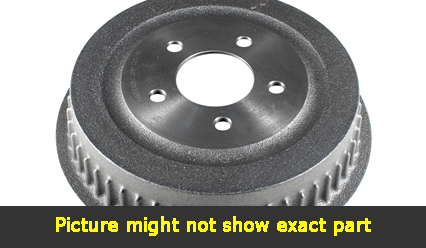
Part No: BD8945C
Raybestos: 8024
OE: 15003097
Raybestos: 8024
OE: 15003097
$147.04 each
Per Car QTY: 2
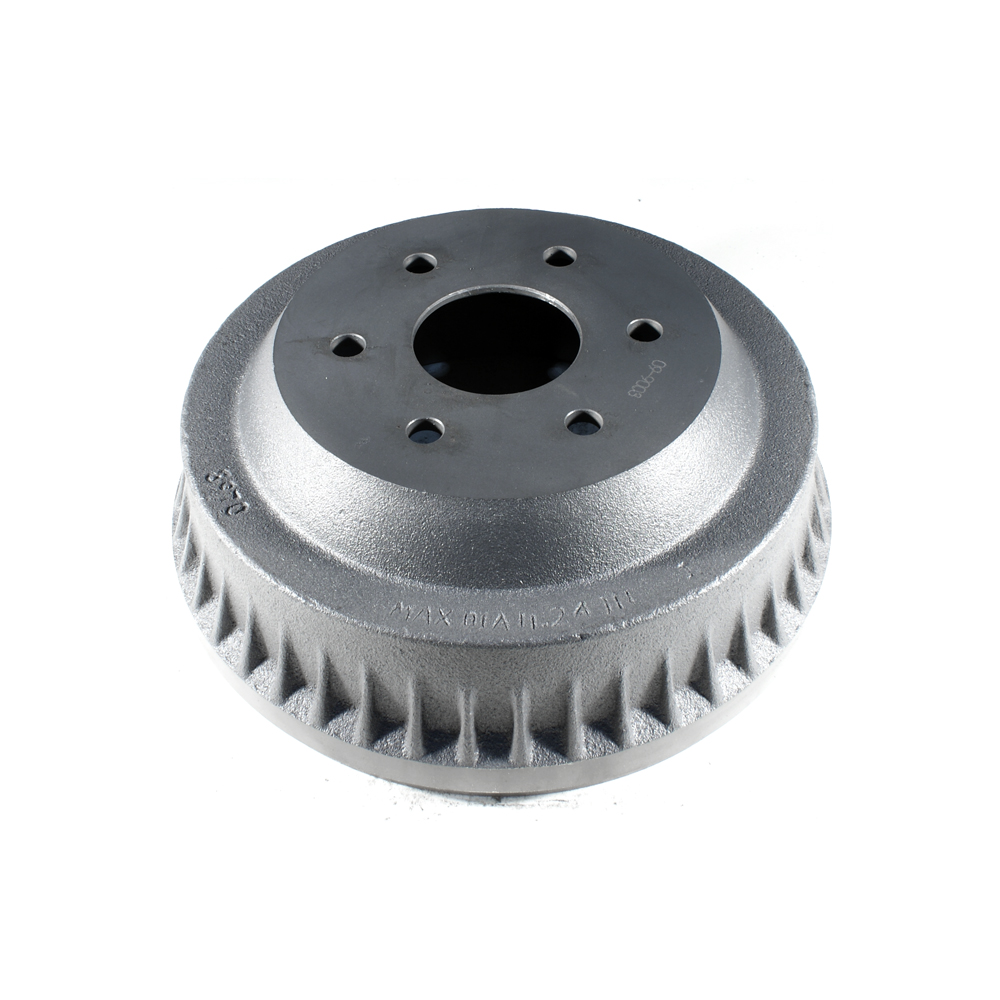
Part No: BD8970
Raybestos: 2169
OE: 15693470
Raybestos: 2169
OE: 15693470
$109.93 each
Per Car QTY: 2
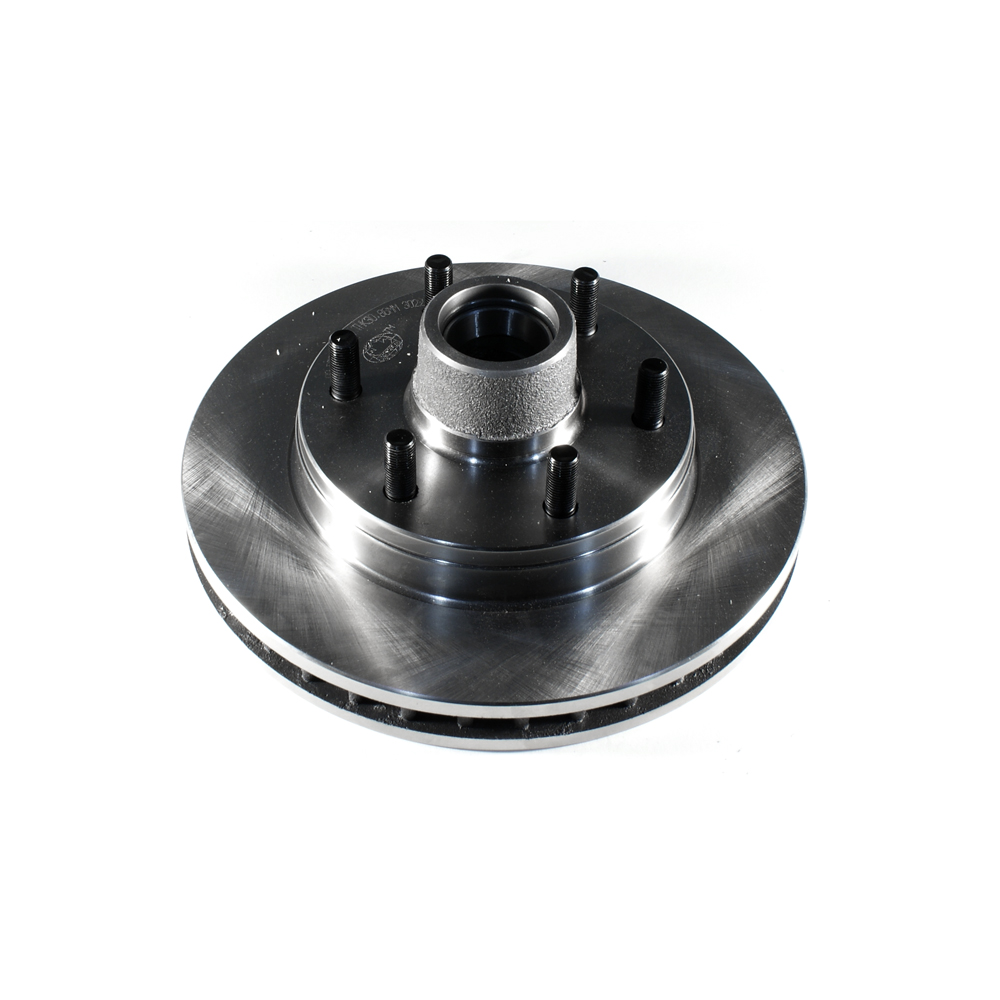
Part No: BR55026
Raybestos: 56579
OE: 18060212
Raybestos: 56579
OE: 18060212
$70.06 each
Per Car QTY: 2
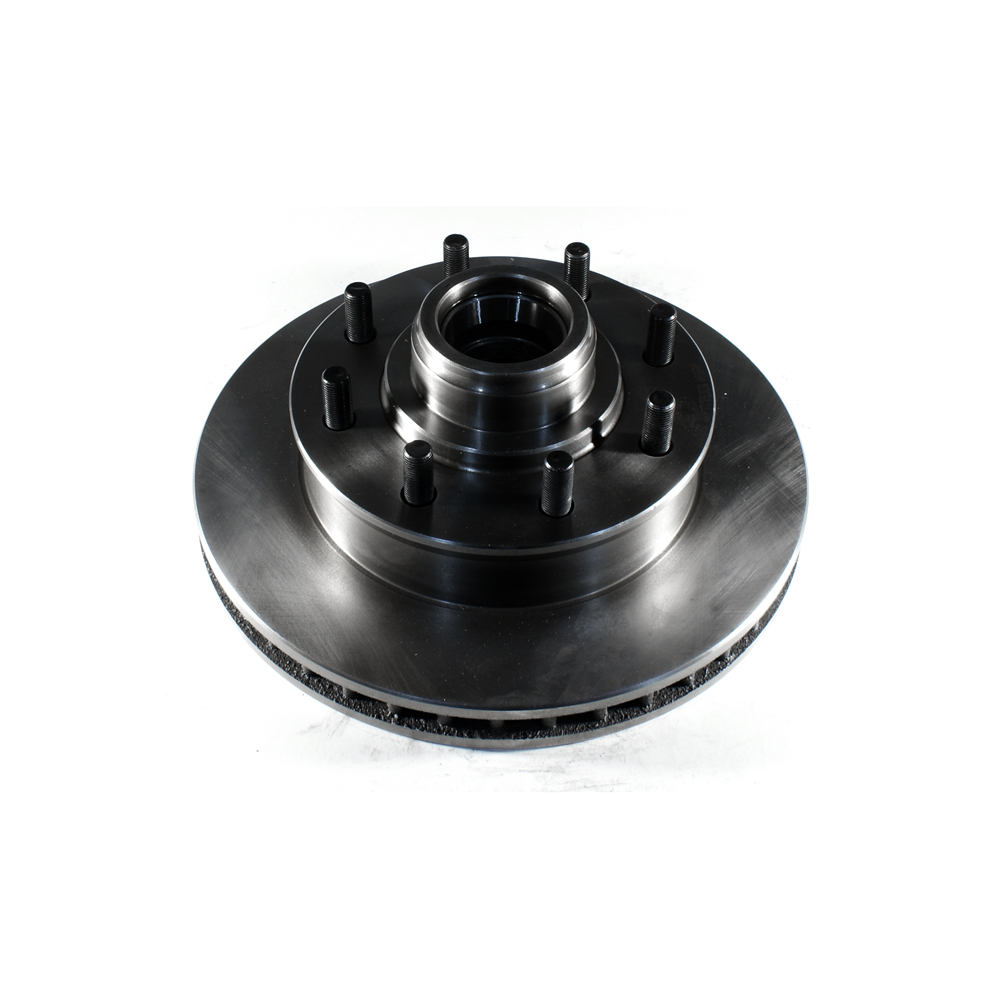
Part No: BR5598
Raybestos: 56263
OE: 18060216
Raybestos: 56263
OE: 18060216
$92.63 each
Per Car QTY: 2
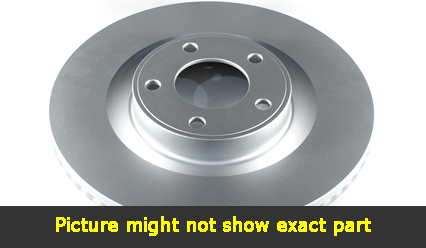
Part No: PP55026
Raybestos: 56579
OE: 18060212
Raybestos: 56579
OE: 18060212
$99.43 each
Per Car QTY: 2
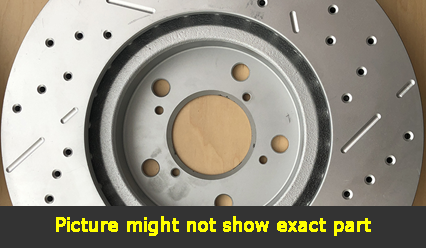
Part No: SP55026L
Raybestos: 56579
OE: 18060212
Raybestos: 56579
OE: 18060212
$139.93 each
Per Car QTY: 1
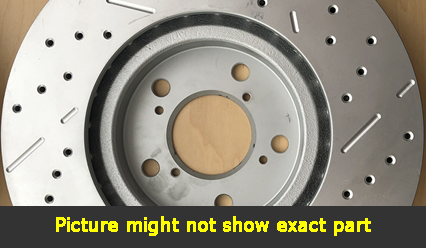
Part No: SP55026R
Raybestos: 56579
OE: 18060212
Raybestos: 56579
OE: 18060212
$139.93 each
Per Car QTY: 1
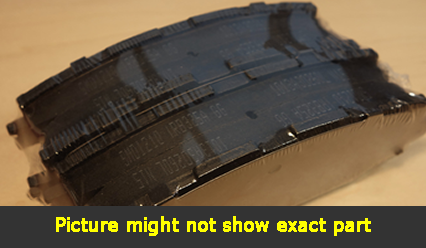
Part No: SMD369
Raybestos:
OE:
Raybestos:
OE:
$22.81 each
Per Car QTY: 1
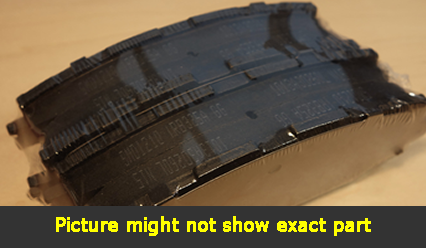
Part No: SMD370
Raybestos:
OE:
Raybestos:
OE:
$20.34 each
Per Car QTY: 1
Brakes are an essential component of any vehicle, and this holds true for the 2000 Chevrolet Express 2500. As a full-size van, this vehicle caters to various purposes such as transporting cargo, large groups, or even being converted into a camper. With the weight and capacity it offers, ensuring the brakes are in optimal condition is of utmost importance to ensure safety on the roads.
The 2000 Chevrolet Express 2500 comes equipped with a reliable braking system that consists of discs and pads. These components work together to create friction, enabling the van to slow down and stop when needed. Disc brakes provide excellent braking performance, particularly in heavy-duty applications, making them suitable for a vehicle of this type and size.
One of the advantages of the disc brakes found on the 2000 Chevrolet Express 2500 is their superior heat dissipation capability. Heat generated during braking can affect the braking performance by causing fade or decreased efficiency. The disc design addresses this concern by allowing heat to dissipate more efficiently, ensuring consistent braking performance even after prolonged use.
To maintain the braking system's effectiveness, regular inspections and maintenance are crucial. It is recommended to have the brake system inspected at least once a year or every 12,000 to 15,000 miles, whichever comes first. This includes checking the brake pads for wear, measuring the thickness of the discs, and examining the brake lines for any signs of leakage or damage.
The lifespan of the brake pads on the 2000 Chevrolet Express 2500 will depend on various factors, including driving habits, road conditions, and payload. In general, brake pads should be replaced when they reach a thickness of around 3mm or less. Ignoring worn brake pads can lead to further damage, such as scoring the brake discs or even causing premature failure of the braking system.
It is also crucial to monitor the brake fluid levels regularly. Brake fluid plays a vital role in transmitting force from the brake pedal to the braking system. Over time, brake fluid can become contaminated, which can affect its performance. Regularly checking the brake fluid level and quality is essential and should be done according to the manufacturer's recommendations.
When it comes time to replace the brakes on a 2000 Chevrolet Express 2500, it is essential to choose high-quality brake components. OEM (Original Equipment Manufacturer) brake pads and discs are recommended as they are designed to meet the specifications and standards set by Chevrolet for your specific vehicle model.
In conclusion, the brakes of a 2000 Chevrolet Express 2500 are a critical aspect of the vehicle's safety system. The disc brakes provide efficient stopping power, and regular maintenance and inspections are necessary to ensure optimal brake performance. By following the manufacturer's recommendations for inspection and replacement, you can ensure your braking system remains in top condition, providing the stopping power needed for a vehicle of this size and capacity.
The 2000 Chevrolet Express 2500 comes equipped with a reliable braking system that consists of discs and pads. These components work together to create friction, enabling the van to slow down and stop when needed. Disc brakes provide excellent braking performance, particularly in heavy-duty applications, making them suitable for a vehicle of this type and size.
One of the advantages of the disc brakes found on the 2000 Chevrolet Express 2500 is their superior heat dissipation capability. Heat generated during braking can affect the braking performance by causing fade or decreased efficiency. The disc design addresses this concern by allowing heat to dissipate more efficiently, ensuring consistent braking performance even after prolonged use.
To maintain the braking system's effectiveness, regular inspections and maintenance are crucial. It is recommended to have the brake system inspected at least once a year or every 12,000 to 15,000 miles, whichever comes first. This includes checking the brake pads for wear, measuring the thickness of the discs, and examining the brake lines for any signs of leakage or damage.
The lifespan of the brake pads on the 2000 Chevrolet Express 2500 will depend on various factors, including driving habits, road conditions, and payload. In general, brake pads should be replaced when they reach a thickness of around 3mm or less. Ignoring worn brake pads can lead to further damage, such as scoring the brake discs or even causing premature failure of the braking system.
It is also crucial to monitor the brake fluid levels regularly. Brake fluid plays a vital role in transmitting force from the brake pedal to the braking system. Over time, brake fluid can become contaminated, which can affect its performance. Regularly checking the brake fluid level and quality is essential and should be done according to the manufacturer's recommendations.
When it comes time to replace the brakes on a 2000 Chevrolet Express 2500, it is essential to choose high-quality brake components. OEM (Original Equipment Manufacturer) brake pads and discs are recommended as they are designed to meet the specifications and standards set by Chevrolet for your specific vehicle model.
In conclusion, the brakes of a 2000 Chevrolet Express 2500 are a critical aspect of the vehicle's safety system. The disc brakes provide efficient stopping power, and regular maintenance and inspections are necessary to ensure optimal brake performance. By following the manufacturer's recommendations for inspection and replacement, you can ensure your braking system remains in top condition, providing the stopping power needed for a vehicle of this size and capacity.


